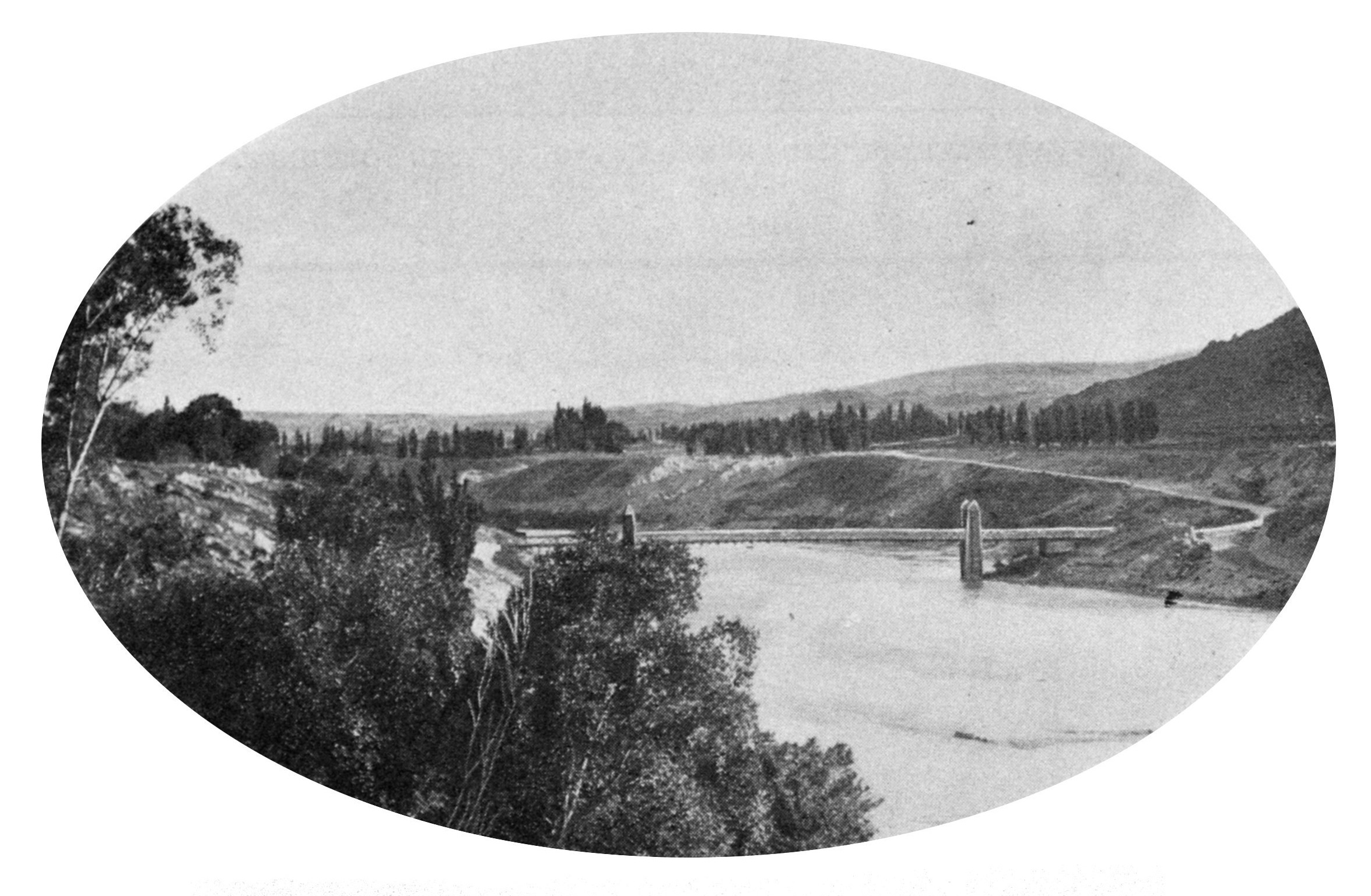
Mr C. Weaver stated that 7000 acres of good land on the Earnscleugh Flat had recently been opened up, but owing to lack of water it was not being settled.
The water from this race had now been taken over by the Government, and they wanted the race to be extended so as to irrigate this land, instead of going to waste, as at present. Mr Anderson said that, as Minister of Labour, he would support the request as a means of unemployment relief. He did not know whether the money would be available, and it was also a question whether this work or the Little Valley road was more urgent; but he would see what could be done.
Hospital review committee set up
At the regular meeting of the Otago Hospital Board yesterday Mrs Macdonald moved: "That a committee of the whole board be set up for the purpose of inquiring into the management of all departments and institutions under the control of the board." In speaking to the motion Mrs Macdonald said she moved it because she was actuated by a desire to assist the board. During her visits to the hospital she had been struck by the absence of labour-saving contrivances, and with these there would be a correspondingly better treatment of the patients. The methods of feeding the patients were unscientific and extravagant. Mr Quelch seconded the motion, and in doing so said there were a great number of matters that might be inquired into. The departments were costing the board a great deal more than formerly, and there were fewer patients in the hospital than a few years ago. The motion was carried without dissent.
Conditions in Germany
Wellington: Mr S. Gordon, a Wellington businessman who made a trip through Germany three months ago, has given a Dominion reporter some interesting details of his visit to the Germans. The standard of living was just as good today and in many cases better than it ever was. "They are the most contented people I have met anywhere," says Mr Gordon. "The wage earner is far more prosperous than his fellow in England and the United States. Begging is common in every Allied metropolis. It is unknown in Germany. The restaurants are full and the food is very good. They drink the best of liquors.
"Of all the troops that were billeted on the Rhine, the New Zealanders left behind in Germany have the best reputation, and for no part of that reputation does the German honour the New Zealander more than for his morals and his attitude towards the German women. The mere mention of the fact that you come from New Zealand is sufficient to get you a hearty handshake, and everything that can possibly be done for your comfort is done. New Zealanders, through their spending, are spoken of in the same breath as American millionaires, but the Germans cannot understand why New Zealand will not send her wool to Germany and take manufactured goods in return."
Mouse plague continues
Our Sydney correspondent supplements the information contained in recent cable messages with reference to the plague of mice in New South Wales. From all parts of the Western districts of the States, he writes, come stories of the damage done by mice, and of the record catches of the rodents. — ODT, 28.4.1922












